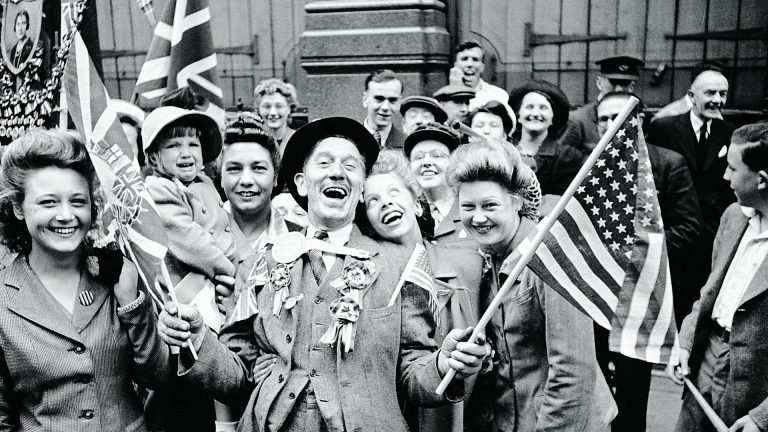
The Brexit vote illustrated justified anger in Yorkshire – but exiting the EU will only create more misery, CHEVAN ILANGARATNE argues, as he prepares to march for a people’s vote in London.
In the South of England, people from the North – Yorkshire in particular – are often characterised as ‘thick’, ‘ignorant’ and ‘racist’. And when this region voted en masse to leave the EU in 2016, such stereotypes hardened in southern parts of the country, especially wealthier districts in London, where individuals believed the leave vote reflected an attitude of intolerance and hostility to migrants and non-white people in Britain.
And if you’ve never been to Yorkshire, you might be forgiven for thinking this is the case. But take it from me, it isn’t.
I spent the first 18 of my 24 years of life growing up in a beautiful town in East Yorkshire close to the city of Hull. With roots of family origin in South-Asia, I was one of very few non-white children in my wonderful state-run primary and secondary schools; when I explain this to some down South, they often remark that it must have been a ‘nightmare’.
MORE: Don’t leave it to the Lib Dems to protest against Brexit
It was anything but. People from area I grew up in are warm, friendly, curious, and quite traditionally, straight-talking and forthright; they wear their heart on their sleeve. That means on anything from football and rugby, to the more heated issues like migration and refugees – many will not hold back on making their opinions known.
The lazy assumption which all too often follows – is that these people, who voted in big proportions to leave the EU in 2016, despise those who aren’t ‘one of their own’ – by which I mean white-British. But the assumption is flawed in my view, and anecdotally I can say as a second-generation immigrant, a good majority of my home community look way beyond the pro-migration versus anti-migration debate, but to the issues of the day perpetuating the inequality and poor living standards that many in the North face.
From a lack of job opportunities, zero-hour contracts, a decline in manufacturing, to starved public services, and chronic under-investment by successive governments, people in Yorkshire had, and have, every right to feel infuriated with the way their concerns have been neglected, all the while globalisation appears to be working for a number of those based in London and surrounding areas.
MORE: All you need to know about the People’s Vote March
There is, after all, a wealth of evidence to show the how from life-expectancy, income, educational attainment and employment, the South routinely outperforms the North. And with all crucial decisions being taken in Whitehall and Westminster, it is not hard to see why the interests of those in Yorkshire have routinely been pushed down the agenda.
As a result, it angers me when people blame ‘small-minded, racist’ Northerners for the Brexit vote. The 2016 referendum provided the perfect opportunity for decent, tolerant and law-abiding citizens in Yorkshire to express deep frustration with, and resentment of, the status quo after years of being left behind.
But it is my steadfast belief that proceeding with Brexit will only serve to increase – not decrease – the regional inequalities between the North and the South and will likely hit the poorest communities in my home constituencies the most. The government’s own regional Brexit impact assessments confirms that any form of exit from the EU – however hard or soft – will economically hammer the Yorkshire and Humber region disproportionally. It is easy to forget, among many other things about the EU, how the poorest regions of the UK – including Hull – have vastly benefited from various regional development and structural funds over the years sent from Brussels – not Westminster.
MORE: A People’s Vote needs a strong positive case for freedom of movement
Which is why, when also factoring in what a hash Theresa May has made of negotiations, I cannot in all conscience support Brexit. Driving up the cost of living, making less money available for our vital public services, and disentangling the UK from the largest trading market – all anticipated consequences from exiting the EU – is no way to address the regional inequalities in this country.
If there’s one thing my upbringing in Yorkshire taught me, it’s that the best way of being heard is to speak as loudly and candidly as possible – and to make yourself part of the decision-making process where possible. So, on Saturday, I will be doing just that, by taking to the streets of London to demand the right to have a say on the Brexit deal in the form of a people’s vote; that is after all, the Yorkshire way.
• Chevan Ilangaratne is studying a masters in human rights law at the University of Cambridge









